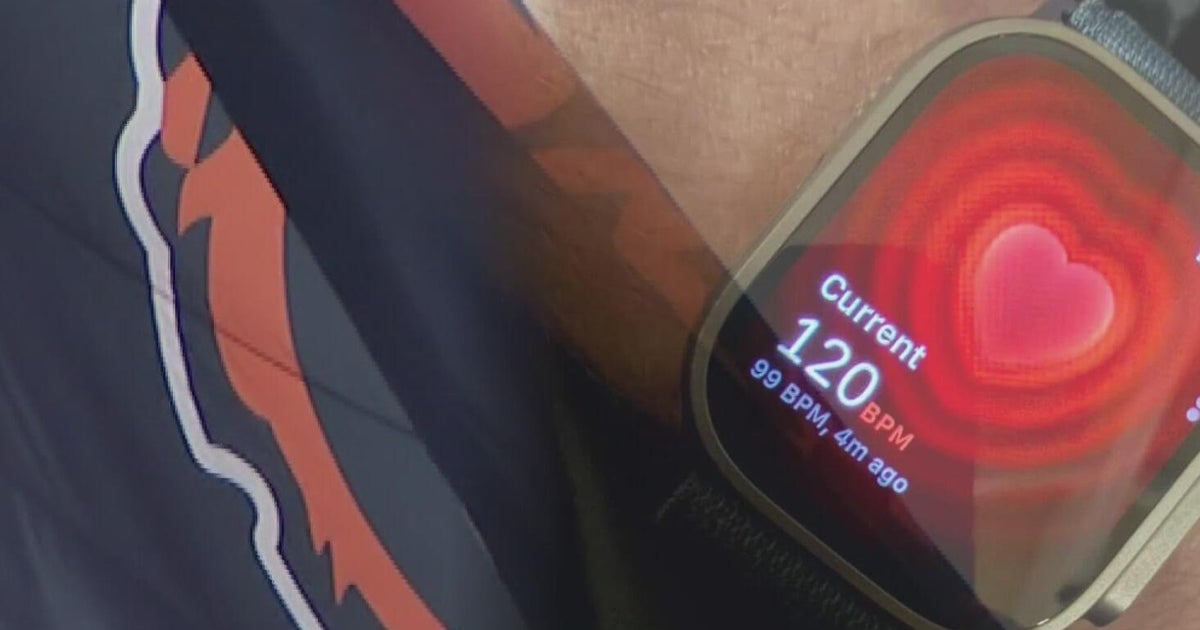New Study Puts Fitness Trackers To The Test
Follow CBSMIAMI.COM: Facebook | Twitter
MIAMI (CBSMiami) -- Millions of Americans use wrist-worn fitness trackers, but a new study is questioning just how accurate those trackers really are at monitoring your heart rate.
When Aaron Eiseon hits the pavement for his daily walk, he makes sure his Fitbit is monitoring his steps and heart rate.
"I'm not the athlete that cares that much. I just want to make sure it's up and beating. Moving a little faster when I'm out walking," said Eiseon.
A new study from the Cleveland Clinic shows getting an accurate heart rate reading on the popular wrist devices can vary.
"People are increasingly relying on these monitors to record heart rate and they often become very concerned and anxious when they obtain values that appear completely out of the norm," said Dr. Marc Gillinov, a Cardiac Surgeon with Cleveland Clinic.
Researchers looked at four wearable wrist monitors including the Fitbit and Apple Watch. They tested them side-by-side with a heart strap monitor and an electro-cardiagram or EKG, the gold standard of heart rate testing.
"The Apple Watch was more than ninety percent accurate, while the Fitbit was in the eighties in terms of accuracy and the other two were in between," said Dr. Gillinov.
Researchers say the chest strap monitor readings were virtually identical to the EKG.
Dominqiue Bastos is a marathon runner who owns a Fitbit.
"I've bought them, I spent the money, but I never really used them," said Bastos.
She says she prefers to measure her heart rate the old fashioned way.
Fitbit says it stands by its heart tracking technology and adds that Fitbit trackers are not intended to be medical devices.







